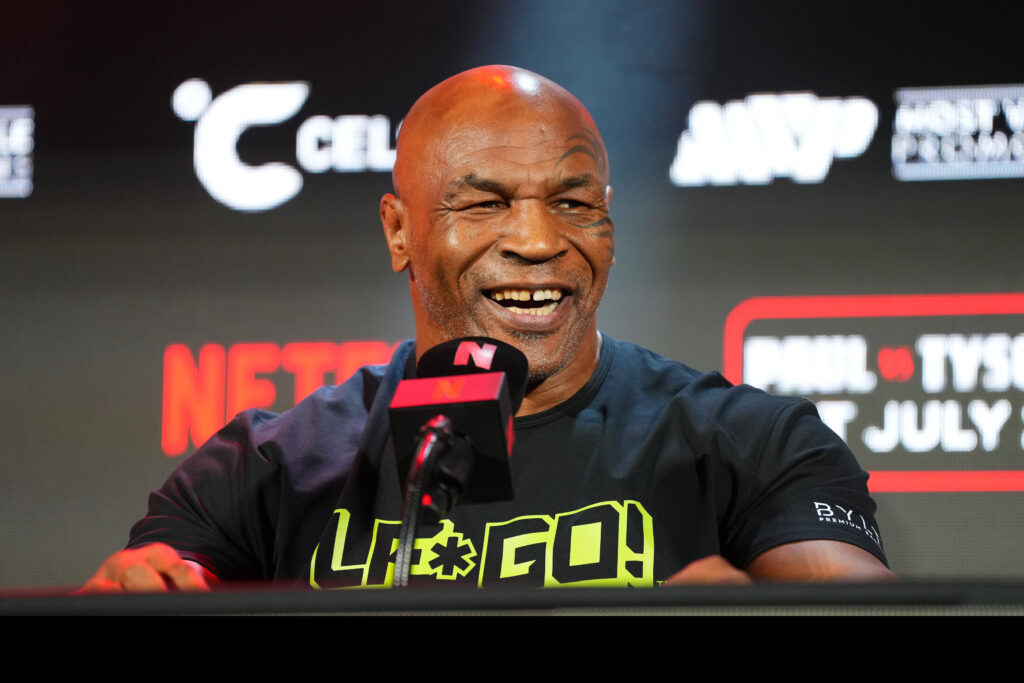The Current Development and Acquisition Strategies of HBO and Max
The television product strategy under Casey Bloys’ leadership at HBO and Max has been analyzed in a recent report, shedding light on the platforms’ evolving development and acquisition policies. The analysis explores programming trends, criticisms from agents, and economic challenges faced by the two entities.
HBO, long considered the flagship brand of the Warner Bros. group, has seen its reputation tested by competitors such as Netflix and Apple TV+ and by structural changes introduced by Warner Bros. Discovery (WBD). The platform’s strategy increasingly prioritizes internal franchises, as evidenced by various spin-offs from Game of Thrones. Some projects, like A Knight of the Seven Kingdoms, are progressing, while others, such as the proposed Jon Snow series, have been abandoned.
Max, in contrast, is pursuing a more varied approach by integrating existing productions with new formats, including unexpected genres like procedurals. A notable example is the new series The Pitt, a medical drama with self-contained episodes, marking a departure from traditional programming for the platform.
Casey Bloys has emphasized that both HBO and Max aim to focus on “good stories” without adhering to specific quotas for intellectual property (IP) or original content. Despite this, agents have expressed concerns about limited opportunities for new projects, attributing this issue to budget constraints. For instance, while Max may appear open to new pitches, competition among producers with existing agreements often restricts access for emerging talent.
Upcoming releases for HBO include new seasons of The White Lotus, The Last of Us, and The Gilded Age, while Max will debut titles such as Hacks and Duster, the latter produced by J.J. Abrams. However, the majority of new content continues to come from established creators and franchises, reducing the level of creative risk in programming.
A significant factor impacting strategy is the stagnation of production budgets. Bloys has acknowledged the financial limitations, highlighting the prolonged timelines required to produce series like House of the Dragon. As a result, international co-productions, which typically involve lower costs, are gaining prominence as a preferred option.
In conclusion, while HBO retains a degree of prestige, its status has diminished compared to its earlier reputation. The innovative and experimental ethos that once defined the brand appears to have given way to more cautious strategies influenced by financial and corporate considerations.
Currently, in Italy, HBO content is exclusively available through Sky, thanks to an agreement that will last until 2025. Consequently, the launch of Max in the Italian market is scheduled for 2026. This timeline allows Warner Bros. Discovery to honor existing agreements and strategically plan its entry into the Italian streaming market.
Source: The Ankler
Share:
The television product strategy under Casey Bloys’ leadership at HBO and Max has been analyzed in a recent report, shedding light on the platforms’ evolving development and acquisition policies. The analysis explores programming trends, criticisms from agents, and economic challenges faced by the two entities.
HBO, long considered the flagship brand of the Warner Bros. group, has seen its reputation tested by competitors such as Netflix and Apple TV+ and by structural changes introduced by Warner Bros. Discovery (WBD). The platform’s strategy increasingly prioritizes internal franchises, as evidenced by various spin-offs from Game of Thrones. Some projects, like A Knight of the Seven Kingdoms, are progressing, while others, such as the proposed Jon Snow series, have been abandoned.
Max, in contrast, is pursuing a more varied approach by integrating existing productions with new formats, including unexpected genres like procedurals. A notable example is the new series The Pitt, a medical drama with self-contained episodes, marking a departure from traditional programming for the platform.
Casey Bloys has emphasized that both HBO and Max aim to focus on “good stories” without adhering to specific quotas for intellectual property (IP) or original content. Despite this, agents have expressed concerns about limited opportunities for new projects, attributing this issue to budget constraints. For instance, while Max may appear open to new pitches, competition among producers with existing agreements often restricts access for emerging talent.
Upcoming releases for HBO include new seasons of The White Lotus, The Last of Us, and The Gilded Age, while Max will debut titles such as Hacks and Duster, the latter produced by J.J. Abrams. However, the majority of new content continues to come from established creators and franchises, reducing the level of creative risk in programming.
A significant factor impacting strategy is the stagnation of production budgets. Bloys has acknowledged the financial limitations, highlighting the prolonged timelines required to produce series like House of the Dragon. As a result, international co-productions, which typically involve lower costs, are gaining prominence as a preferred option.
In conclusion, while HBO retains a degree of prestige, its status has diminished compared to its earlier reputation. The innovative and experimental ethos that once defined the brand appears to have given way to more cautious strategies influenced by financial and corporate considerations.
Currently, in Italy, HBO content is exclusively available through Sky, thanks to an agreement that will last until 2025. Consequently, the launch of Max in the Italian market is scheduled for 2026. This timeline allows Warner Bros. Discovery to honor existing agreements and strategically plan its entry into the Italian streaming market.
Source: The Ankler









